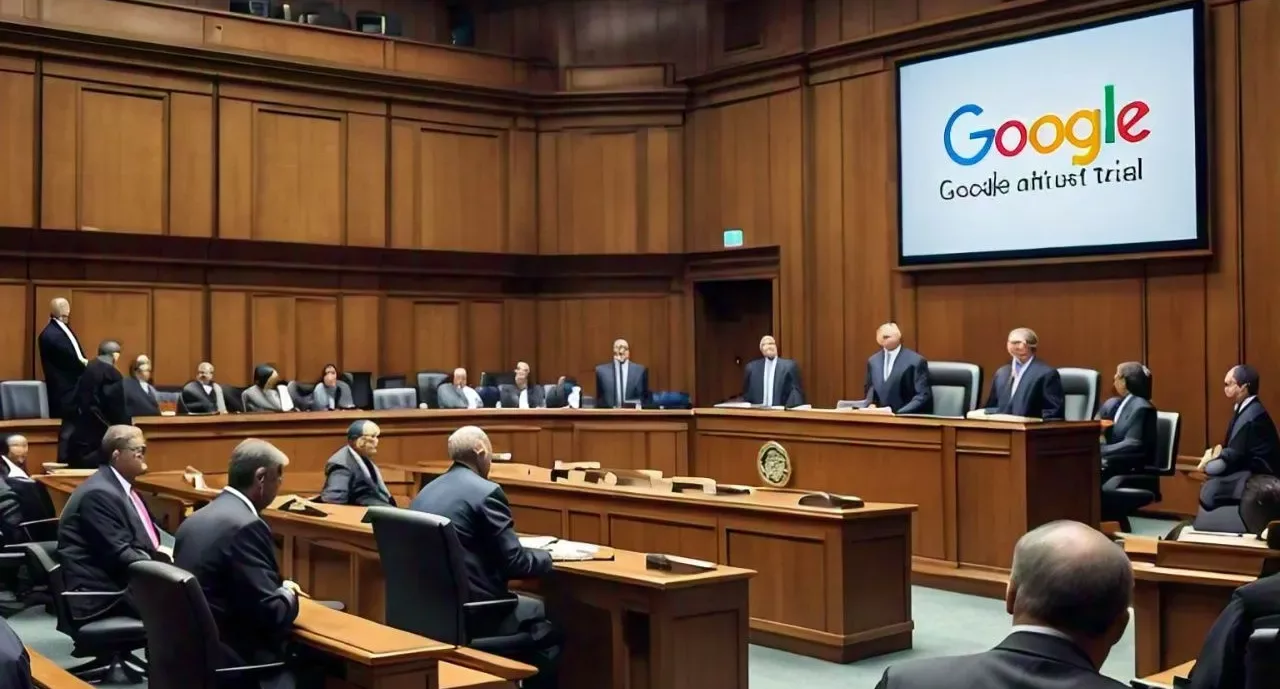The Google antitrust trial seems to be caught in the vortex of a huge debate that surrounds the position of the company within the arena of online advertisements. A recent testimony by Mark Israel, an economist hired by Google, brought forth new questions regarding the government’s assertions over Google’s monopoly in illegal advertising technology. Israel says that the government is very narrow-minded and is not paying attention to real competition within digital advertising fields.
Government’s Narrow Definition of Market Competition
The U.S. government argues that Google has a monopoly in the “open web display advertising market,” which basically includes the square, boxy ads that gobble up so much space in a desktop browser window. Israel argues that it hasn’t accounted for the larger competitive landscape, which also involves the internet and social networking sites, like Facebook and TikTok, as well as commerce behemoth Amazon.
The firm believes advertisers’ spending habits have altered majorly from a long time where it focused on display ads on desktops and laptops to the variety of formats across all devices and applications. Spending on desktop and laptop ads tumbled from 71% in 2013 to a mere 17% in 2022, whereby this is a pretty significant shift in the advertising trends.
Share of the Market by Google and Competitive Landscape
Israel presented data showing Google’s share of the U.S. market on all types of online display advertising dropped to 10% in 2022, down from almost 15% a decade earlier. That is a more expansive view than that taken by the government, which it claims faces fierce competition from Google. He pointed to where, he said, the real competition really lies today, which the government’s narrow focus misses.
For Google, Israel’s testimony came at a critical juncture in its defense of the case that may shape the search giant’s future in the ad tech world. The U.S. District Judge Leonie Brinkema has said that she intends to recess the case for some time with closing arguments likely to appear toward the end of December. A verdict is expected by year’s end.
How the Case Against Google Works
The government says Google maintains an illegal monopoly that harms choices both for online publishers and for advertisers while inflating their costs. “Google captures 36 cents of every dollar spent on advertising through its technology,” they say, alleging that the control runs across every step of the ad process-from the tools publishers use to sell their ad space to the technologies advertisers employ to buy ads.
In this connection, the government also argues that Google’s integrated technology stack compels publishers to employ them and restricts competition while also driving up the cost. On this, Israel argues that such claims do not quantify the investments by Google in its improved ad technology to the advantage of both the advertisers and the publishers.
Evidence of Higher Revenue and Lower Costs
According to sources, while publishers employing Google’s advertising technology have realized increased revenue on their ad spaces, the advertisers have enjoyed lower costs per click. He posits that this directly follows from the continuing improvements that Google makes to the ad matching capabilities, thus effectively connecting its advertisers to its consumers on the basis of their interests and purchasing history.
Sources further disputes the government’s contention that Google retains 36 cents of every dollar spent by seeking to minimize the lost sum. He points out that more recent data shows the number has dwindled to between 31 and 32%. He says that a competitor in advertising is typically far costlier, with an industry average of 42 cents retained per dollar spent.
The Larger Context of Google’s Court Battles
This is just one of a spate of Google finds itself on in connection with its endless legal battles. Another big case is in Washington, D.C., where the government says Google’s search service is an illegal monopoly. Last week, a judge ruled against Google in the case, upholding the government’s assertion of its monopolistic grip on search. Discussions on possible cures are to be held shortly and can include everything from limiting Google’s contracted practices with the tech companies and to divesting parts of its business.
Conclusion
As the antitrust trial continues to be unfurled, it is rather apparent that the nuisances of the online advertising market do not fit so neatly within the umbrella of monopoly. The positions articulated on both behalf of Israel and Google can only serve to oppose the rhetoric presented by the government in an attempt to find greater balance within the competitive sphere through digital space. This trial is as important for its business implications in Google as it is landmark with the establishment of regulation for digital platforms within a decidedly more competitive playing field.
This article follows current best practices of SEO by using relevant links and keywords as well to describe the more antitrust issues that Google has in the online advertising market.
For More Updates: Tech News


